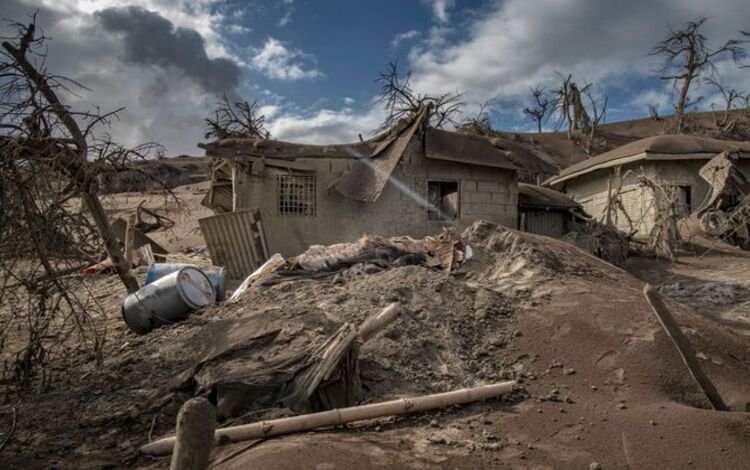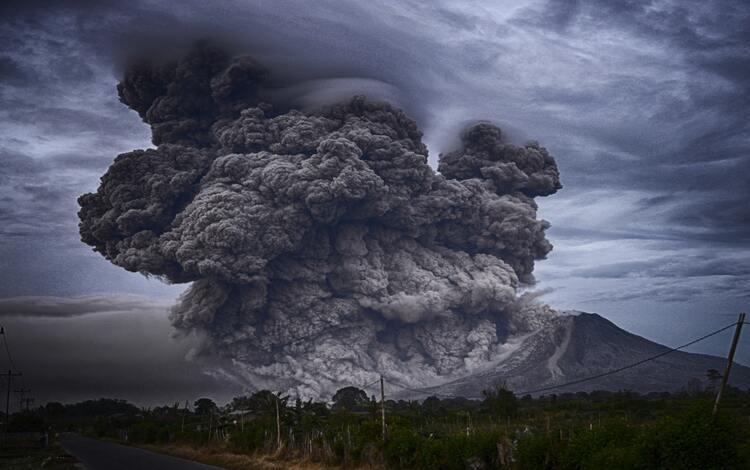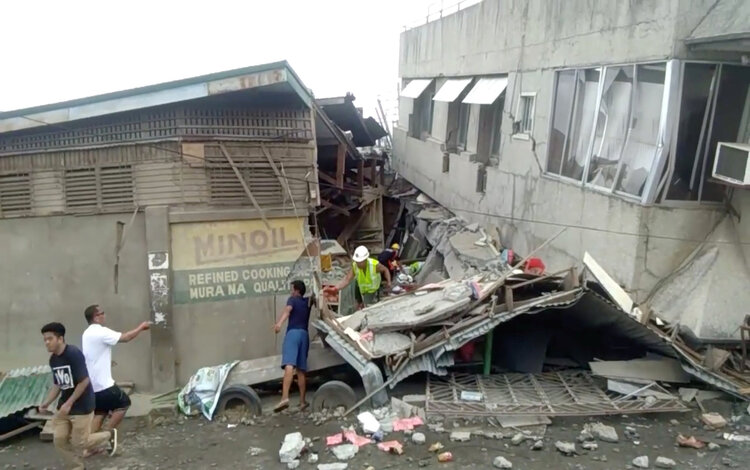Gustavo González, United Nations (UN) coordinator in the Philippines, has sounded the alarm for the country to prepare for the eventuality of a catastrophic disaster or “big one,” as the threat of super typhoons, volcanic eruptions, and earthquakes intensifies. He emphasized that climate change is exacerbating these natural hazards, which are already a significant concern for the Philippines, one of the most disaster-prone nations in the world.

In a statement ahead of the International Day for Disaster Risk Reduction, González pointed out the increasing frequency and severity of extreme weather events affecting the archipelago. “The Philippines, with its 7,000 islands and many coastal cities, has always been extremely vulnerable to intense weather events and natural hazards. Each year, there are some 20 typhoons, and many can transform into super typhoons, which are very destructive extreme weather events,” he explained.
González noted that the rising sea temperatures in Southeast Asia, driven by climate change, are contributing to the intensification of these storms. “We are seeing more super typhoons as the seas in Southeast Asia warm due to climate change,” he added.

In addition to typhoons, the country faces significant risks from its geological features. González pointed out that the Philippines has around 20 active volcanoes, and a 7.2 magnitude earthquake could occur at any time, based on experts’ predictions. He highlighted that the combination of these threats necessitates heightened preparedness measures across the country.
“The serious threat of super typhoons, volcanoes, and earthquakes, exacerbated by climate change, compels us to prepare for the eventuality of a ‘big one,’ a natural event of huge potential destructive force,” González warned.

The UN, according to González, has been collaborating closely with local authorities in the Philippines to strengthen disaster preparedness and resilience. This includes initiatives to improve early warning systems, enhance infrastructure, and educate communities on disaster risk reduction.
The need for comprehensive preparation has become increasingly urgent as climate change continues to heighten the destructive power of natural disasters in the region. With the growing potential for a catastrophic event, González urged for sustained efforts to ensure the safety and resilience of the Filipino population.
